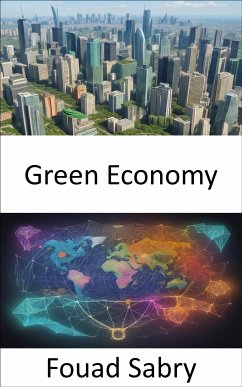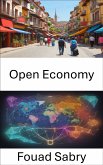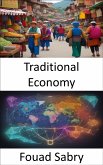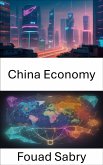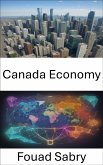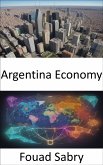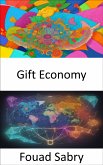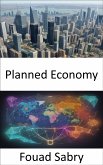A green economy is an economy that aims at reducing environmental risks and ecological scarcities, and that aims for sustainable development without degrading the environment. It is closely related with ecological economics, but has a more politically applied focus. The 2011 UNEP Green Economy Report argues "that to be green, an economy must not only be efficient, but also fair. Fairness implies recognizing global and country level equity dimensions, particularly in assuring a Just Transition to an economy that is low-carbon, resource efficient, and socially inclusive."
How you will benefit
(I) Insights, and validations about the following topics:
Chapter 1: Green economy
Chapter 2: Environmental finance
Chapter 3: European Investment Bank
Chapter 4: Ecological economics
Chapter 5: Overconsumption (economics)
Chapter 6: Business action on climate change
Chapter 7: Forest management
Chapter 8: Green job
Chapter 9: Sustainability
Chapter 10: Green growth
Chapter 11: The Economics of Ecosystems and Biodiversity
Chapter 12: Green bond
Chapter 13: Eco-investing
Chapter 14: Climate change in Europe
Chapter 15: Climate finance
Chapter 16: Pavan Sukhdev
Chapter 17: Green industrial policy
Chapter 18: Clive Spash
Chapter 19: European Green Deal
Chapter 20: Green recovery
Chapter 21: Sustainable finance
(II) Answering the public top questions about green economy.
(III) Real world examples for the usage of green economy in many fields.
(IV) Rich glossary featuring over 1200 terms to unlock a comprehensive understanding of green economy. (eBook only).
Who will benefit
Professionals, undergraduate and graduate students, enthusiasts, hobbyists, and those who want to go beyond basic knowledge or information for any kind of green economy.
Dieser Download kann aus rechtlichen Gründen nur mit Rechnungsadresse in A, B, BG, CY, CZ, D, DK, EW, E, FIN, F, GR, H, IRL, I, LT, L, LR, M, NL, PL, P, R, S, SLO, SK ausgeliefert werden.

